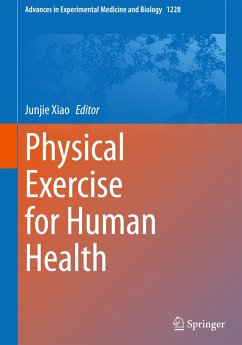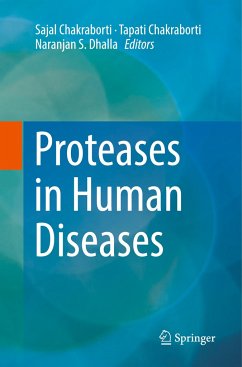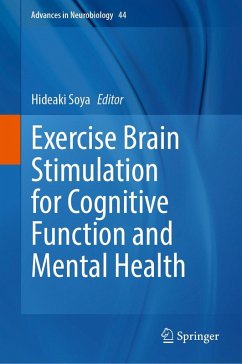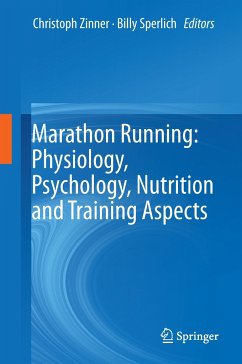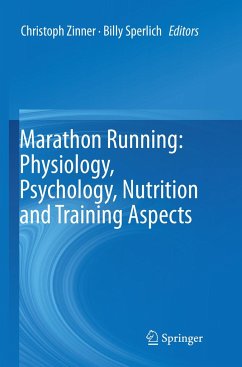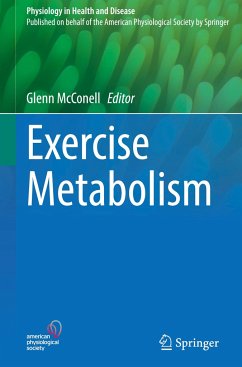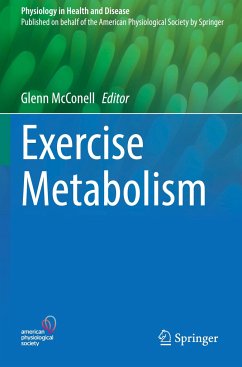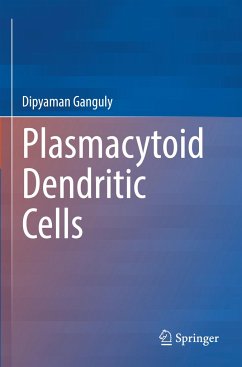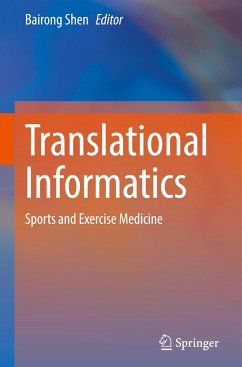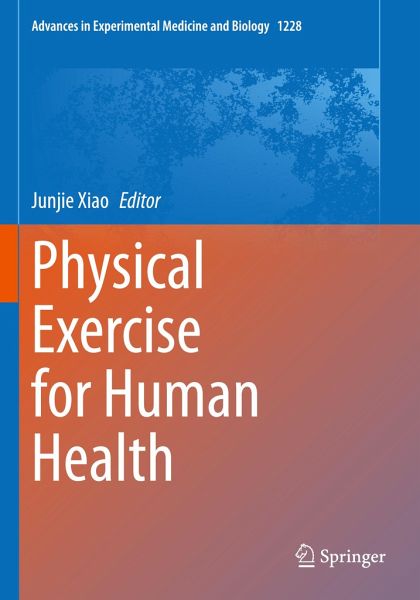
Physical Exercise for Human Health
Versandkostenfrei!
Versandfertig in 6-10 Tagen
189,99 €
inkl. MwSt.

PAYBACK Punkte
95 °P sammeln!
This book shares the latest findings on exercise and its benefits in preventing and ameliorating numerous diseases that are of worldwide concern. Addressing the role of exercise training as an effective method for the prevention and treatment of various disease, the book is divided into eleven parts: 1) An Overview of the Beneficial Effects of Exercise on Health and Performance, 2) The Physiological Responses to Exercise, 3) Exercise and Metabolic Diseases, 4) Exercise and Cardiovascular Diseases, 5) Exercise and Musculoskeletal Diseases, 6) Exercise and Neurological and Psychiatric Diseases, ...
This book shares the latest findings on exercise and its benefits in preventing and ameliorating numerous diseases that are of worldwide concern. Addressing the role of exercise training as an effective method for the prevention and treatment of various disease, the book is divided into eleven parts: 1) An Overview of the Beneficial Effects of Exercise on Health and Performance, 2) The Physiological Responses to Exercise, 3) Exercise and Metabolic Diseases, 4) Exercise and Cardiovascular Diseases, 5) Exercise and Musculoskeletal Diseases, 6) Exercise and Neurological and Psychiatric Diseases, 7) Exercise and the Respiration System, 8) Exercise and Immunity, 9) Exercise and HIV/AIDS, 10) Exercise and Neuropsychiatric Disorders, and 11) Future Prospects. Given its scope, the book will be particularly useful for researchers and students in the fields of physical therapy, physiology, medicine, genetics and cell biology, as well as researchers and physicians with a range of medical specialties.





